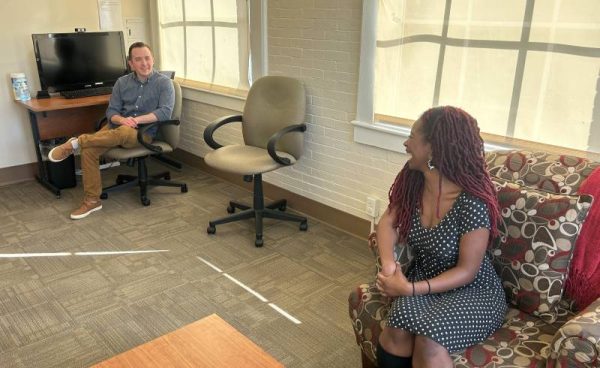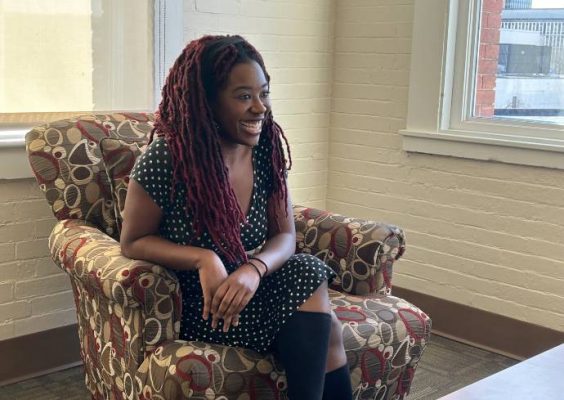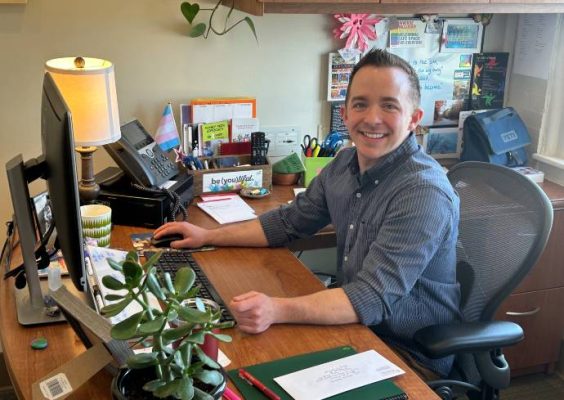Lights, Camera, Imagination! Faculty Help Turn Teens’ Ideas Into Films (Video)
Using simple objects such as stones, eggs, paper plates, colored markers and a globe, and employing techniques of light, shadow and motion, a dozen Syracuse area high schoolers are making original short films this summer using their smartphones. “Teens With…




